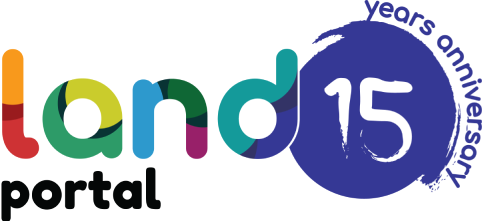The note first presents a brief overview
of the Croatian railway sector, listing the main challenges
that it is currently facing, and identifying the main areas
of intervention for the development of a financially
sustainable sector, which should guide any thorough sector
reform program in the long-run. Sector governance challenges
are presented, outlining the sector's high dependency
on state support, its organizational weaknesses, and its
market distortions. This is followed by more detailed
historical analysis of Croatian Railways (HZ) holding's
performance, corporate governance issues, and investment
needs. The operational and financial performance of each
major line of business of HZ holding is assessed,
highlighting their competitiveness issues. Following the
adoption of the restructuring plan, the Bank team used a
global financial model to identify measures that might be
necessary to make the system sustainable in the long-run.
The team considered a range of optimistic and pessimistic
scenarios, which may call for additional measures to be
taken to complement the measures laid out in the
restructuring plan. The note concludes with the presentation
of these scenarios, the targets that should be fixed to
business lines in cost-cutting, and actions that the
Government might take to ensure that the system is
sustainable and to secure the successful integration of the
Croatian railway sector into the European Union (EU). It
highlights the choices that remain open to the Government in
terms of sector spending and financial structuring of its
support in a constrained fiscal environment.
Authors and Publishers
World Bank
World Bank Group (WB)
The World Bank is a vital source of financial and technical assistance to developing countries around the world. We are not a bank in the ordinary sense but a unique partnership to reduce poverty and support development.
Data provider
World Bank Group (WB)
The World Bank is a vital source of financial and technical assistance to developing countries around the world. We are not a bank in the ordinary sense but a unique partnership to reduce poverty and support development.


